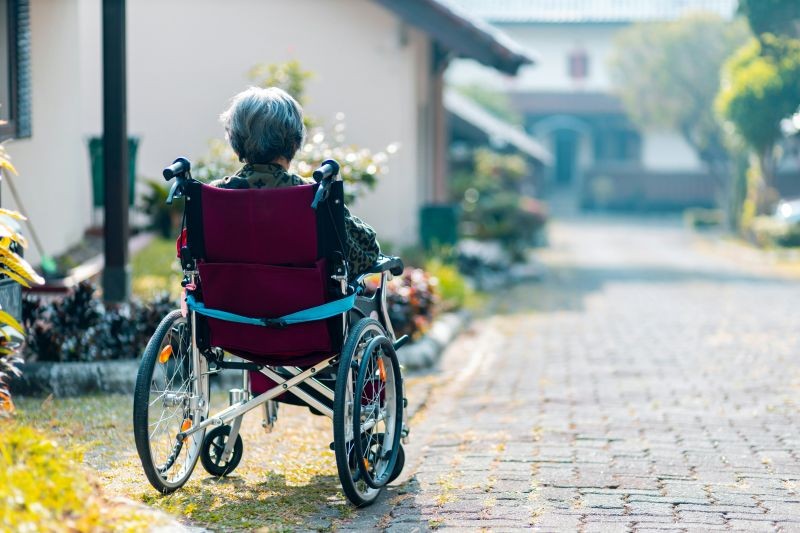 Ayurveda
Ayurveda
Ayurveda can provide new hope for Alzheimer's, shows study conducted by Indian scientists
A new study conducted by Professor Anirban Bhunia and his team at the Bose Institute in Kolkata, an autonomous institute of Department of Science and Technology, provided a multipronged approach to the treatment of several neurodegenerative diseases including Alzheimer’s.
Study said Amyloid proteins and peptides play a pivotal role in various neurodegenerative diseases, including Alzheimer's disease (AD).
"Synthetically designed small molecules/ show promise towards inhibition of various kinds of amyloidosis," read a statement issued by the Indian Ministry of Science and Technology.
At first, Bhunia and his team utilized chemically synthesized peptides to combat amyloid beta aggregation.
"Second, they repurpose a drug called Lasunadya Ghrita (LG) from Ayurveda, the ancient traditional Indian medicine, which has previously shown efficacy in treating depression-related mental illnesses," the statement said.
Also Read: Medical experts propose new definitions of obesity which is not just about measuring BMI
The non-toxic compounds of LG and their components were characterized and repurposed for use against amyloid beta 40/42 (Aβ) aggregation.
The water extract of these compounds, referred to as LGWE, not only disrupted the fibrillation process during the elongation step but also inhibited the formation of oligomers in the initial stages of the fibrillation pathway.
Remarkably, these compounds demonstrated greater efficacy in breaking down of amyloid aggregates into non-toxic smaller degradable molecules compared to the chemically designed peptides, suggesting its novel role in disaggregating amyloid-prone proteins.
In a recent paper published in journal Biochemistry (ACS), Professor Bhunia from Bose Institute, along with his collaborators from the Saha Institute of Nuclear Physics (SINP) Kolkata and IIT-Guwahati reported that the chemically designed peptides are non-toxic, serum-stable, and effective in inhibiting as well as disaggregating amyloid proteins, particularly Aβ 40/42.
Additionally, Professor Bhunia, in collaboration with Ayurveda expert Professor Dr. Sanjeev Rastogi from the State Ayurvedic College and Hospital at Lucknow University, along with other researchers from the Saha Institute of Nuclear Physics, demonstrated how natural compounds can enhance the inhibition and breakdown of amyloid beta more effectively than the chemically designed peptides.
Also Read: Avian flu risk still remains 'low' even after US registers first death due to H5N1 virus, says WHO
Their findings were published in the esteemed journal Biophysical Chemistry (Elsevier).
This research offers hope to individuals suffering from Alzheimer’s disease and highlights the potential of Ayurveda, or ancient Indian traditional medicine, as a viable solution to complex neurodegenerative disorders like Alzheimer’s.
It may inspire further exploration into natural remedies, improving the quality of life for those affected by dementia.
Support Our Journalism
We cannot do without you.. your contribution supports unbiased journalism
IBNS is not driven by any ism- not wokeism, not racism, not skewed secularism, not hyper right-wing or left liberal ideals, nor by any hardline religious beliefs or hyper nationalism. We want to serve you good old objective news, as they are. We do not judge or preach. We let people decide for themselves. We only try to present factual and well-sourced news.







